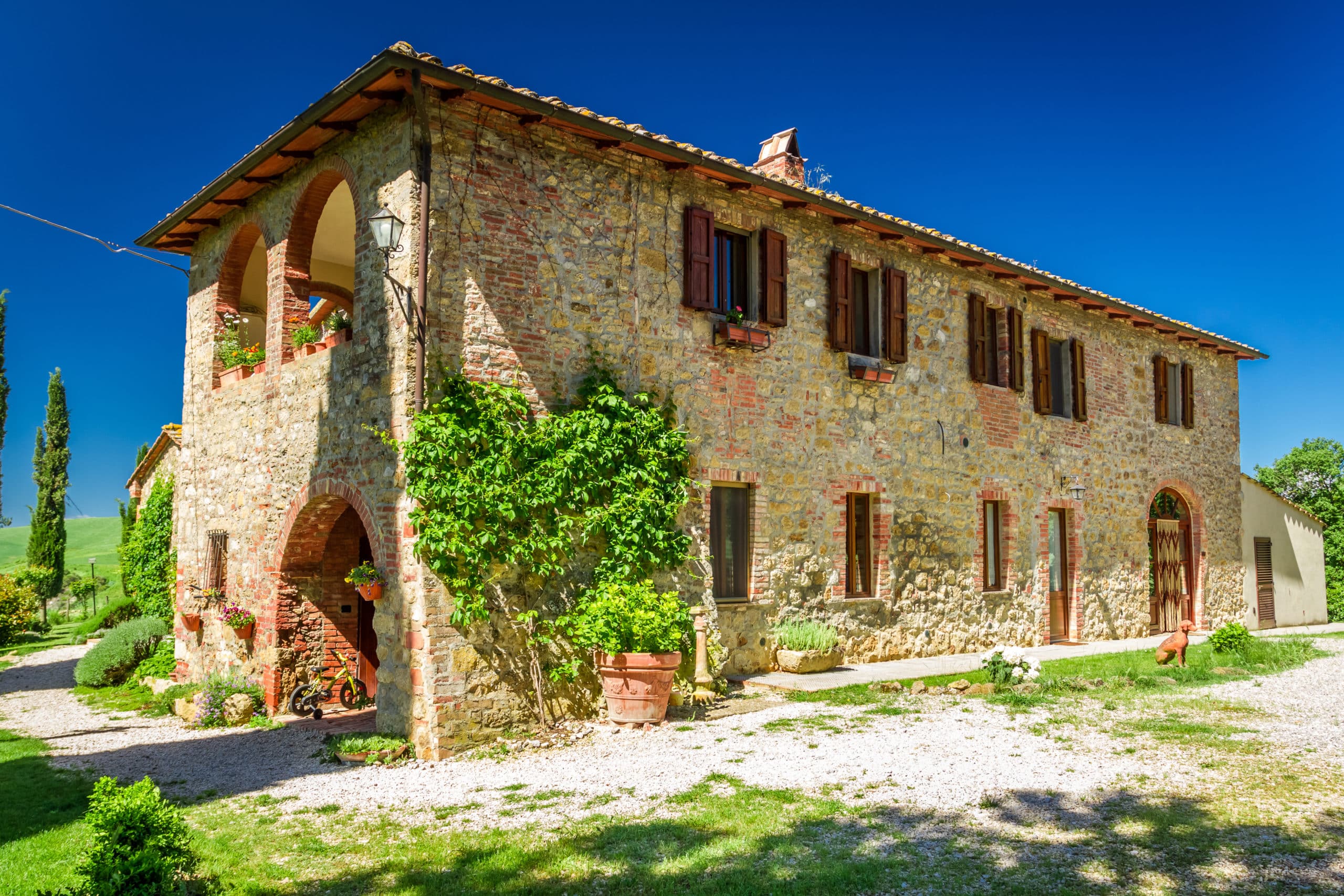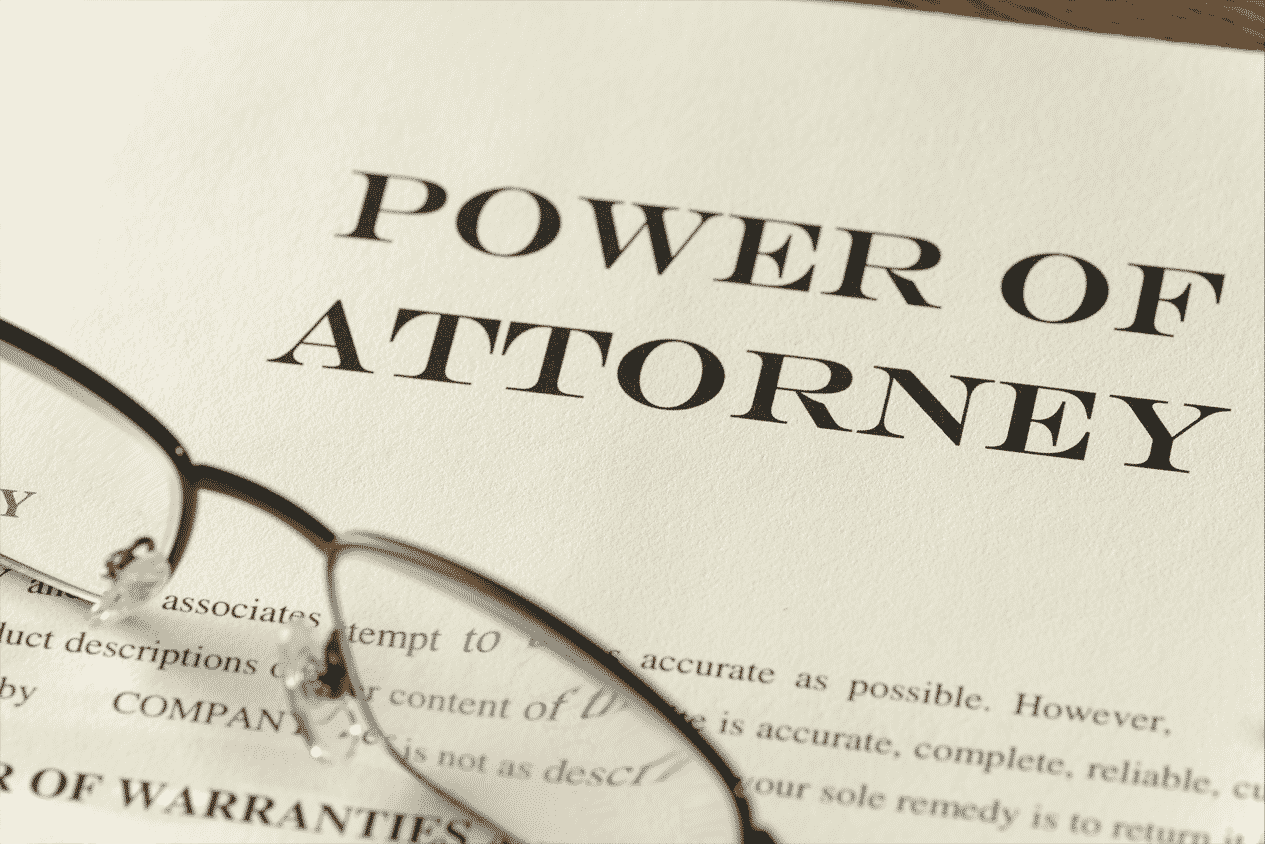If you are unfamiliar with Italian law, usucapione is an Italian concept that is very important to grasp if people want to own property in Italy but also intend to live abroad and will be unable to attend to this property on a regular basis.
Usucapione is based on ancient Roman law and is very similar to the American concept of adverse possession or squatter’s rights. An individual, who is in possession of an asset that he or she is not lawfully entitled to, can become the lawful proprietor or legal owner with a claim of usucapione as long as the asset was not attained by force or theft.
In order to acquire a property, whether that property is a piece of land or a building, the adverse possessor must be in possession of the property or using the property for somewhere between ten or twenty years depending on the type of property. In some limited cases, the required time period can be as little as five years. There are some unusual situations and provisions where the time required to claim usucapione may be as long as 30 years. At the end of this time period, a court judgment can and should be applied for by the adverse possessor so that he or she can legally become the registered owner of the land or building and have his/her name recorded as the new owner on the deed. In some cases, however, a judge might not even be necessary, for instance in cases of inheritance, and usucapione can be acknowledged by a simple Notary Public verification rather than going through the more complicated court procedure in order to the inherit the property from the adverse possessor.
These five basic requirements for usucapione need to be met in order for a claim to be made on an Italian property:
- Actual Possession – Physical and actual control of the property must be attained by the adverse possessor.
- Open and Notorious – Apparent and visible possession and use of the property must be demonstrated so that the adverse possessor is noticed by others before a claim can be made.
- Exclusive Possession – The titled owner and the adverse possessor cannot jointly occupy the land or even share possession of the property with the public.
- Hostile Possession – There should be a hostile adverse possession upon the title owner’s property interest. In this case, hostile does not refer to ill will or that the legal owners or adverse possessor have become enemies. It refers to the fact that the adverse possessor is maintaining or holding the property despite his/her name not being on the title deed. The titled owner has not agreed to the adverse possessor’s occupation and use of the property or is simply not aware of it.
- Continuous and Uninterrupted – The adverse possession elements must be maintained at all times during the specified time period. The continuous possession test fails if there is a long gap between the activities or if there is only occasional activity.
The institution of usucapione was established in order to avoid having abandoned properties in Italy. Hence, it is expected that those who wish to become the owners of a property via usucapione must publicly act and attend to the property as if they were the lawful owner.
An Italian titled property owner could unwittingly abandon his/her rights to the property if he/she does not dispute the adverse possessor’s use of the property.
For title registration and transfer, various aspects are required to be established for an application of adverse possession to be considered.
- The time requirement must be met, which is anywhere from five to thirty years depending on the case.
- Everyone must be able to observe the adverse possession.
- In regards to the titled owner, the adverse possession should be hostile, meaning that it is not agreed upon by the titled owner.
- A court judgment or an official assessment is required before the adverse possessor can obtain a property title via usucapione.
Land ownership rights can be dramatically influenced by the concept of usucapione because if an usucapione claim is made, the property title might be transferred to the adverse possessor. Keeping these aspects in mind, in Italy, the titled owner is sometimes required to file a trespassing lawsuit in order to ensure that another individual does not become entitled to the land.
It is therefore quite important for potential buyers to carry out a relevant search for any potential usucapione claims before purchasing a property as well as a throughout due diligence on the tile.
In Italy, an individual should never sign paperwork or documents regarding a property prior to having a relevant title search conducted. It is necessary for one to understand what is being purchased, its boundaries, the kinds of easements that might exist etc. For most individuals, purchasing a property is a significant financial commitment. Therefore, the transaction must be safeguarded. Before entering into a legally binding commitment, it is recommended that the individual obtain legal counsel.
Also, if you are the titled owner of a property in Italy, but you are unable to attend to your property on a regular basis, it is very important to protect your property through the use of legal actions to prevent a possible loss of the property to an usucapione claim.
Our law firm provides consultations for those individuals who are considering purchasing a property in Italy or already own one. We will carefully verify all aspect of a transaction and continue to provide legal guidance in the future. Before committing to a purchase, please consider contacting us first for a consultation to find out what your options might be.




